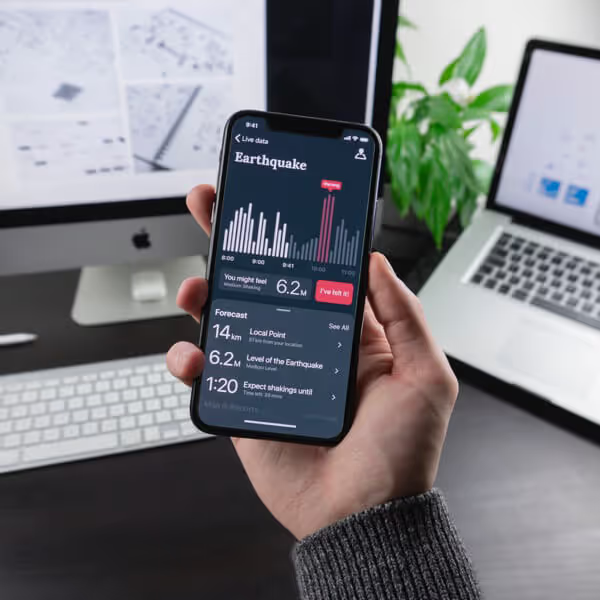The Provocation That Begs Reframing
There's a lot of buzz - some echoing the “websites are dead” camp - driven by the rise of generative AI. It sounds dramatic, catchy. But in reality, websites remain the backbone of discovery in the AI era. Without fresh, well-structured web content, AI search tools - ChatGPT, Perplexity, Bard, etc. - have nothing to read. A more accurate thesis: websites aren’t fading - they’re becoming more vital, just in smarter ways.
1. Why "Websites Are Dead" Is Misleading
The notion comes from fewer clicks on traditional search results, thanks to AI summarising answers directly on-page. But that doesn’t kill websites - it repurposes their role. Without authoritative sites feeding AI with quality source material, those tools wouldn’t have much to reference. Instead of extinction, websites are pivoting to become smarter content homes - optimised for both humans and machines.
2. Google’s Grip Is Loosening - Slowly, But Surely
Despite Google still commanding ~89–90% of global search share, cracks are forming:
- Gartner forecasts a 25% drop in Google search use by 2026, driven by AI chatbots.
- Some platforms now see up to 60% of searches ending in zero clicks, because AI answers satisfy queries immediately.
- Google’s AI Overviews have sharply depressed organic CTR - one publisher reports stellar declines, with news site visits dropping from 2.3 billion to 1.7 billion, and zero-click rates up from 56% to 69% in one year.
- Meanwhile, in LLM training sources, Reddit is now the most‑cited platform - outranking Google.
The result? Paid ads and traditional SEO strategies are losing punch. Website optimisation now must account for both human and AI discovery.
3. Your Website as AI’s Go-To Data Source
AI search engines still rely on human‑created content. They parse through structured websites - especially those richly marked up with schema, FAQs, and conversational copy - to generate answers. If your website isn’t optimised for AI, chances are AI will cite someone else.
Plus, the users who do click through from AI results are often high‑intent, already informed - and expecting clarity, credibility, and speed.
4. Optimising for AI Search vs. Traditional SEO
SEO enriched for AI search now requires new tactics:
- Structured content & markup: Make your content "machine‑readable" (e.g. FAQ schema, semantic HTML, data tables).
- Answer‑first, conversational copy: Write like you’re directly answering natural‑language questions.
- Authority signals: Publish thought leadership (e.g. whitepapers, case studies).
- Hybrid strategy: Combine traditional SEO, AEO (Answer Engine Optimisation), and GEO (Generative Engine Optimisation). For example:
- Use AEO to optimise FAQs and topic definitions.
- Use GEO - data-rich, citation-friendly structures - for comparison charts and detailed guides.
A combined approach hedges risk and enhances visibility across both search and AI discovery.
5. Turning AI-Primed Traffic into Conversions
Once AI surfaces your page, it’s your job to persuade. That means:
- Crystal-clear value proposition and unique differentiation - AI may introduce you, but your site needs to clinch the deal.
- UX clarity & trust signals - fast load, clean layout, credentials.
- Content that aligns with AI priming - if AI summarised your strengths, your page should deliver context or next steps to match.
You're not just rendering answers; you're guiding the journey onward.
6. Strategic Investments in the AI-Search Era
Where to place your bets:
- Diversify beyond paid ads - reduce dependency on Google AdWords and Bing.
- Invest in AI-readable, value-packed content - designed for crawlers and customers.
- Prioritise CRO - conversion rate optimisation - your content must have destination-level clarity.
- Build brand visibility in AI ecosystems - think beyond search (e.g. branded thought leadership, partnerships, newsletters).
The future won't rely on volume - it's about precision, credibility, and machine readiness.
If your content is ready for AI, you’re not just visible; you're meaningful. The real question isn’t whether websites matter - it’s how intelligently yours shows up for both human and machine.
Need better conversion from AI-driven visits? Our CRO service can help you turn those clicks into qualified leads.

.avif)










